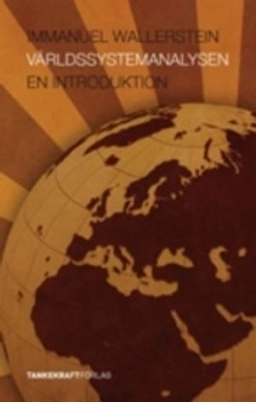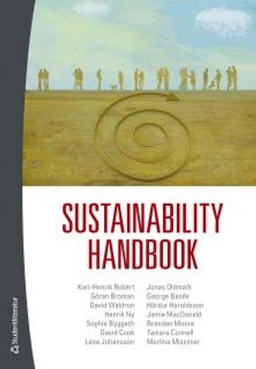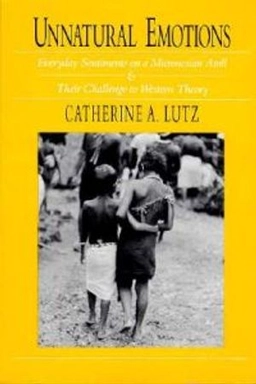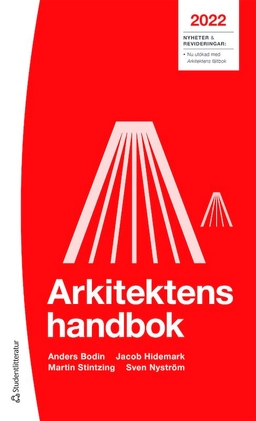Each chapter concludes with “Summary,” “Key Terms,” and “Suggested Readings.” I. THE REALM OF ANTHROPOLOGY.
1. The Anthropological Perspective.
The Discipline of Anthropology.
The Anthropologist's Viewpoint.
Objectivity and Science in Anthropology.
Studying Cultural Behavior: Fieldwork, Data Collection, and Analysis.
Interpreting the Data.
2. Anthropological Theory.
Theories in Anthropology.
3. Culture and Language.
What Is Culture?
Behavior, Biology, and Learning.
The Roots of Language.
The Structure of Languages.
Sign Language.
Linguistic Variation and Change.
Sociolinguistics.
4. Decisions, Adaptation, and Evolution.
The Human Evolutionary Legacy.
Human Ecology.
The Evolution of Procurement Systems.
Political Ecology.
Adaptation and Cultural Evolution.
II. ADAPTIVE PATTERNS.
5. Foraging.
The Organization of Energy.
Social Organization.
Settlement Patterns and Mobility.
Resilience, Stability, and Change.
The Dobe Ju/'hoansi.
The Inuit or Eskimo.
The Batak Foragers of the Philippines.
6. Horticulture: Feeding the Household.
The Horticultural Adaptation.
The Yanomamö.
The Pueblo of North America.
7. Nomadic Pastoralism.
The Pastoral Adaptation.
Social Organization.
The Ariaal of Northern Kenya.
The Yörük of Turkey.
Al-Murra of Saudi Arabia.
8. Intensive Agriculture: Feeding the Cities.
The Development of Intensive Agriculture.
The Social Consequences of Intensive Agriculture.
The Tamang of Nepal.
Where the Dove Calls: The Mexican Village of Cucurpe.
The Kofyar of Central Nigeria.
Directions of Change in Rural Egypt.
9. Industrial Society: Feeding the World.
From Intensive Agriculture to Industrialized Farming.
Urbanized Rural Society: Farming in the United States.
The Rise and Fall of Collective Agriculture in Bulgaria
III. CULTURAL DIVERSITY.
10. Kinship, Marriage, and the Household.
Kinship and Social Organization.
Descent Ideology and Descent Groups.
Marriage, Remarriage, and Marital Residence.
Family Households.
11. Identity and Inequality: Gender, Ethnicity, and Nation.
The Social Division of Labor.
Gender.
Race and Ethnicity.
Race and Ethnic Stratification.
Systems of Stratification.
Ethnicity, Nationalism, and Conflict.
12. Economics: Resources, Production, and Exchange.
Concepts of Economic Behavior.
Diversity in the Organization of Economies.
Regulating Access to Resources.
Production.
Mechanisms of Exchange.
Economic Experimentation and Adaptation.
13. Politics, Social Control, and Political Organization.
The Political Process.
The Ecology of Political Behavior.
Evolution of Political Organization.
The Politics of Social Control.
Political Relations Among Societies.
14. Religious Belief and Ritual.
Defining Religion.
Belief Systems.
Ritual.
The Organization of Ritual.
Religion and Resource Management.
Psychological and Sociopolitical Functions of Religion.
15. The Challenges of Globalism.
Beyond Industrialism.
The Social and Ecological Consequences of Postindustrialism.
Can We Survive Progress?
Sahel Visions.
The Ethics of Development Work.
Glossary.
References.
Index.
Åtkomstkoder och digitalt tilläggsmaterial garanteras inte med begagnade böcker





















